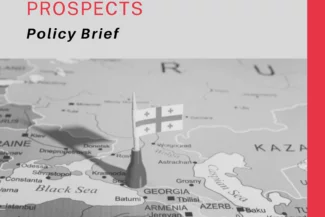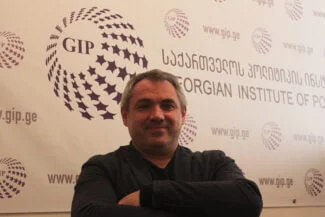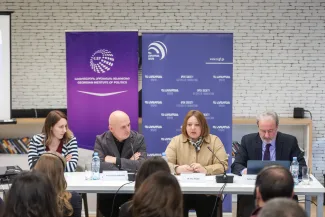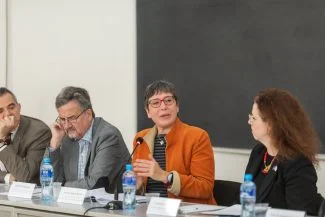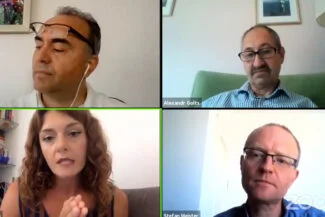31-01-2024
From January 1st 2024, the Nagorno Karabakh Republic officially dissolved itself in an act that reflects the reality that the territory it used to hold is now fully controlled by the government of Azerbaijan. This dramatic event marks the end of a three-decade long status quo in the region and foretells a major geopolitical reshuffle in the region. The transformation of Russia’s invasion of Ukraine into a lengthy war of attrition has created an opportunity for Azerbaijan to seize the moment and resolve its dispute with Armenia and Ethnic-Armenian separatists by military means. As the details of the peace treaty between Yerevan and Baku are still to be agreed upon, the full consequences remain to be seen. Nonetheless, there are some indications of how the future for the region is going to look. Azerbaijan and Turkey have successfully gained influence over the geopolitics of the region, making peace plans proposed from the outside almost impossible (Hedlund 2023). This dramatic reshuffle poses major challenges to Armenia as Yerevan will need to reconsider its decades-long security and foreign policy priorities that were largely tied to security guarantees from Russia. This might imply Armenia improving relations with Turkey and Azerbaijan and this could point towards the potential future security dynamics of the region. Therefore, this policy memo examines some of the key elements that made Baku’s swift success possible as well as some of the potential implications of the new geopolitical realities for the regional security architecture.






